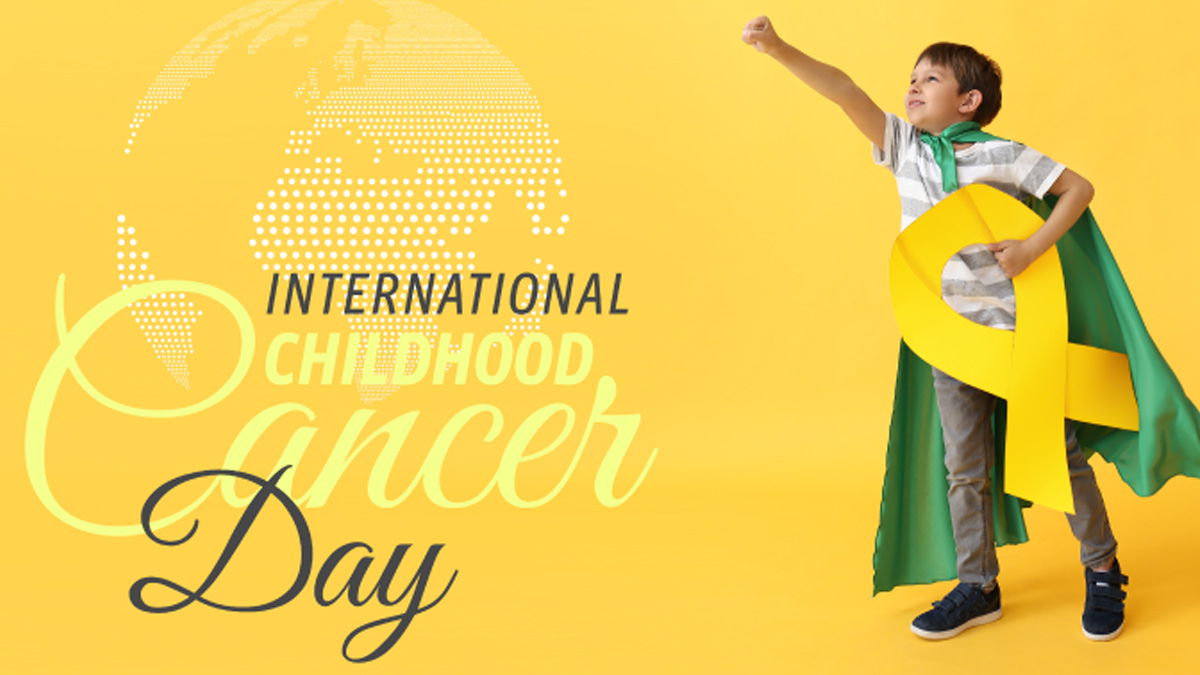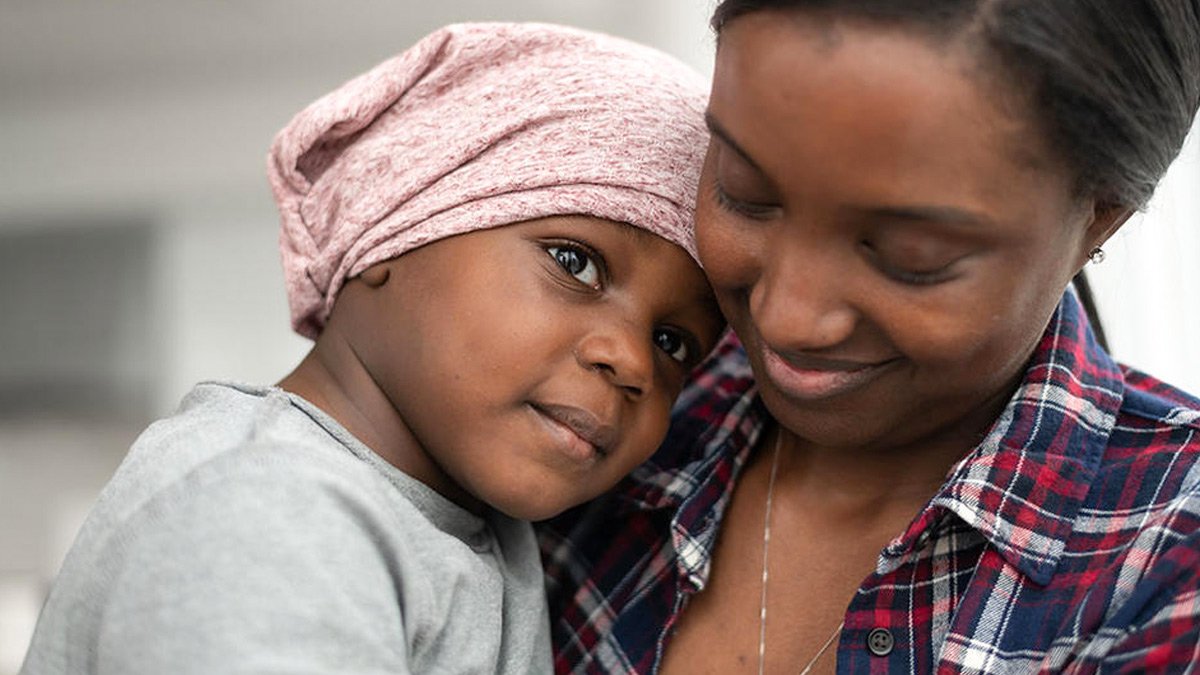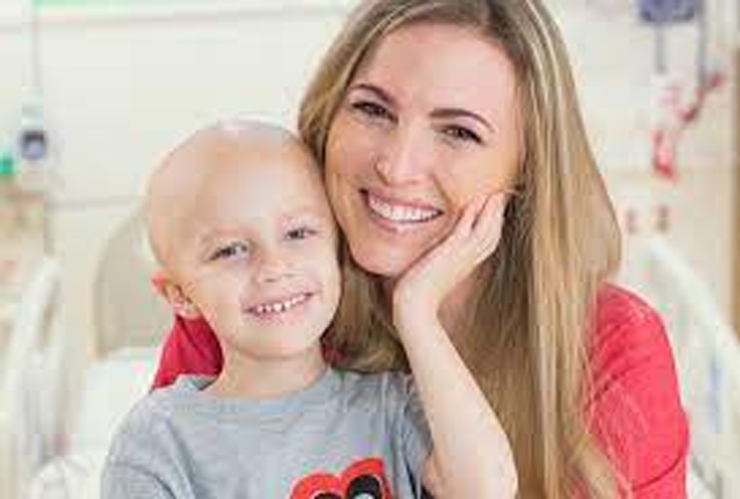
International Childhood Cancer Day (ICCD) is a global campaign dedicated to raising awareness about childhood cancer and advocating for better treatment and support for young patients and their families. Observed annually on February 15, ICCD highlights the urgent need for equitable access to healthcare and emphasises the importance of early detection and ongoing medical research. The initiative serves as a platform to unite communities, healthcare professionals, and policymakers in their efforts to combat childhood cancer.
Table of Content:-
The Origins of International Childhood Cancer Day

ICCD was established in 2002 by Childhood Cancer International (CCI), a coalition of over 50 organisations committed to supporting children battling cancer. Since its inception, ICCD has grown into a global movement, reinforcing the necessity of early diagnosis, improved treatment accessibility, and psychosocial care for affected families. The 2025 observance marks the 24th anniversary of ICCD, further strengthening its mission to ensure that every child, regardless of their socioeconomic background, receives the necessary medical care.
Also Read: Whooping Cough Deaths Hit Record High in US—What Makes This Infection So Dangerous?
Understanding Childhood Cancer
Childhood cancer refers to a group of diseases that affect children and adolescents. Although it is less common than adult cancer, its impact on young patients and their families is profound. Medical advancements have significantly improved survival rates, with approximately 81% of children diagnosed with cancer now surviving beyond treatment. However, even after remission, these individuals remain at risk of secondary malignancies and other health complications, making continuous medical research and support crucial.
Importance of International Childhood Cancer Day

ICCD plays a vital role in addressing childhood cancer challenges through various initiatives:
- Raising Awareness: Educates the public on the importance of early detection and the challenges faced by young cancer patients.
- Advocacy for Policy Changes: Encourages governments and healthcare organisations to prioritise pediatric cancer treatment and research.
- Support for Families: Highlights the emotional, financial, and medical struggles of affected families, encouraging the development of support systems.
- Global Collaboration: Brings together medical professionals, researchers, and policymakers to improve treatment strategies and healthcare accessibility.
- Promoting Equity: Ensures that children from all backgrounds receive equal access to quality cancer care and treatment.
Inportance Of Early Detection And Prevention

While many childhood cancers have genetic origins, some preventive measures can lower risks and promote overall well-being:
- Healthy Pregnancy Practices: Avoiding harmful substances like tobacco and alcohol during pregnancy can reduce certain risk factors.
- Limiting Environmental Exposure: Minimising contact with harmful chemicals, radiation, and pollutants can contribute to long-term health.
Also Read: Tamil Nadu Launches Statewide Leprosy Detection Drive To Curb Rising Cases
- Vaccinations: Administering vaccines such as Hepatitis B and HPV can prevent infections that may lead to cancer.
- Regular Health Check-ups: Routine medical evaluations can help in early detection and timely intervention.
- Balanced Diet and Physical Activity: Encouraging nutritious eating habits and regular exercise can support overall immune function and health.
Bottomline
International Childhood Cancer Day serves as a reminder of the global fight against childhood cancer. It is a day of hope, awareness, and advocacy, emphasising the importance of early diagnosis, equitable healthcare, and ongoing research. As communities come together to support children battling cancer, ICCD reinforces the vision of a world where every child has access to life-saving treatment and the opportunity to lead a healthy, fulfilling life.
Also watch this video
How we keep this article up to date:
We work with experts and keep a close eye on the latest in health and wellness. Whenever there is a new research or helpful information, we update our articles with accurate and useful advice.
Current Version